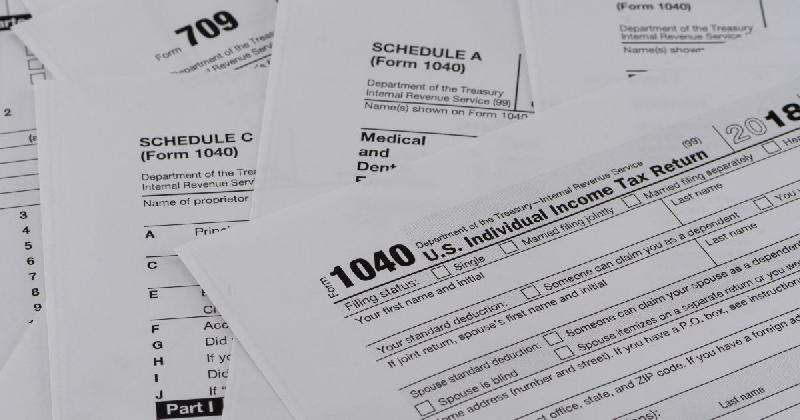The Internal Revenue Service has issued a reminder to taxpayers, notifying them that when they file their taxes for 2022, they must report all their digital assets.
In a Jan. 24 update, the IRS instructed taxpayers to “again answer a digital asset question and report all digital asset-related income when they file their 2022 federal income tax return.”
“The question, which appears at the top of Forms 1040, Individual Income Tax Return; 1040-SR, U.S. Tax Return for Seniors; and 1040-NR, U.S. Nonresident Alien Income Tax Return, was revised this year to update terminology,” the government agency said.
They noted that the term “virtual currencies,” used on tax forms in 2021, has since been changed to “digital assets.”
The IRS also clarified the definition of a “digital asset,” which they noted “is a digital representation of value which is recorded on a cryptographically secured, distributed ledger.”
Digital assets are treated as property to the IRS and are not considered a real currency, the agency said on its website.
Common digital assets listed by the IRS include, but are not limited to — convertible virtual currency and cryptocurrency, stablecoins, and non-fungible tokens (also known as NFTs).
“In addition, the instructions for answering the question were expanded and clarified to help taxpayers answer it correctly. All taxpayers must answer the question regardless of whether they engaged in any transactions involving digital assets.”
The question on the 2022 tax form now reads: “At any time during 2022, did you: (a) receive (as a reward, award or payment for property or services); or (b) sell, exchange, gift or otherwise dispose of a digital asset (or a financial interest in a digital asset)?”
Every taxpayer, even those who don’t have any digital assets, “must answer the question” with either a “Yes” or “No,” the agency said.
According to the IRS, “Normally, a taxpayer must check the ‘Yes’ box if they:
Taxpayers who didn’t engage in any transactions involving digital assets in the last year should answer the question with “No.”
The IRS listed several other examples of when taxpayers should check “No,” such as when they are simply:
The IRS also detailed other requirements for taxpayers or investors who have “held a digital asset as a capital asset and sold, exchanged or transferred it,” and noted that employees or independent contractors must report digital assets as part of their income.
via westernjournal

